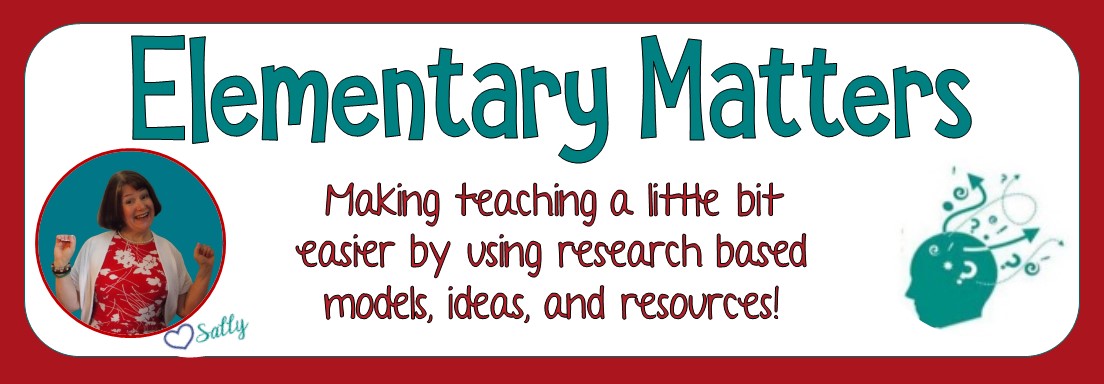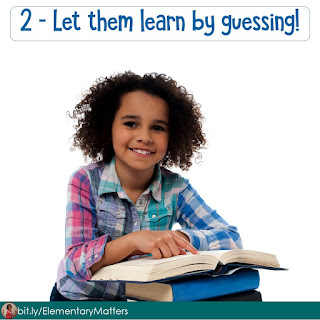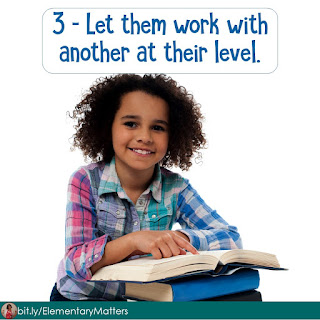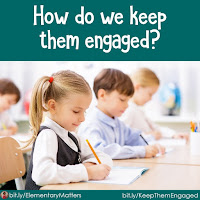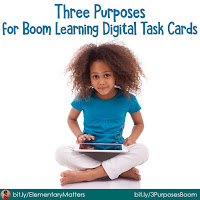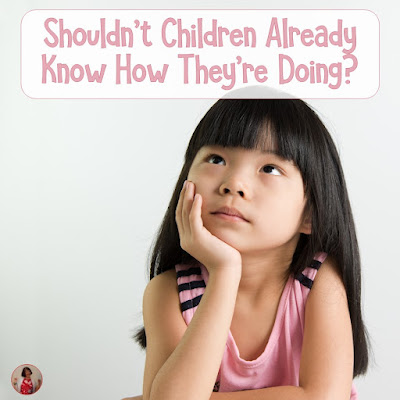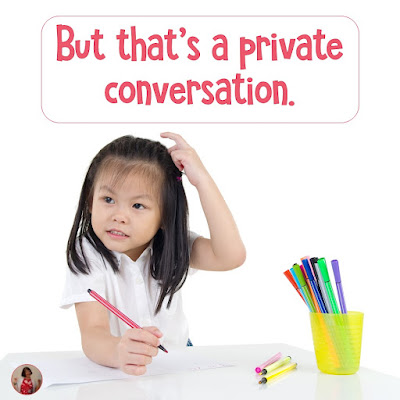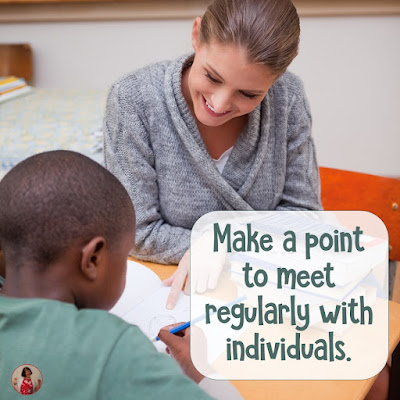Teaching is pretty challenging!
Some students learn at an "average" pace. Other students need extra help to keep up, and then there are the students who already know everything you are expected to teach them!
We want these students to continue learning and stay motivated in the classroom. How can we do this, while we continue to meet the needs of the other students as well?
Idea #1: Let them develop skills on a deeper level!
- This is easiest to do with reading. If everyone in the class is working on biographies, they should also read a biography, but at a higher reading level. They can do a more challenging form of book summary or report.
- If you're studying addition, have these children make problems for their classmates to solve. Or have them learn a game that practices the same skill, but at a deeper level. (Practice 4 digit addition rather than 2 digits!)
- If you're studying Mexico have these students research something that's not in the district's curriculum, such as Mexico's history, or major exports of Mexico.
- If you're studying figurative language, have these children find figurative language phrases to share with the class.
- If you're studying the life cycle of the Monarch butterfly, have these students research more information about the butterfly, such as migration or how fast they can fly.
- Here's a resource I use based on second grade math requirements: Mystery Math Bundle
Idea #2: Let them learn by guessing!
- Science Review Boom Cards
- Plurals, Possessives and Contractions BoomCards
- Social Studies Review Boo Cards
- Building Science and Social Studies Vocabulary: Boom Card Bundle
- Calendar General Knowledge Facts: Boom Learning
- Vocabulary Builder: Weather, Plant, or Dessert? Boom Cards (This one is a dollar deal!)
Idea #3: Let them work with another student at their level.
Idea #4: Offer choice!
Idea #5: Let them research something they love.
As mentioned above, all students have strengths, interests, and passions. The best way to address the needs of all students is to work with these passions! These brighter students can research their passions! The acts of research will help them enrich their skills, and the ways they present what they've learned will strengthen more skills! It's a win-win!
Here are a few blog posts also dedicated to this group of students:
Three Purposes for Boom Learning Digital Task Cards
Twelve Reasons to use Boom Learning Digital Task Cards!
But My Students Don't Know This Stuff!
Looking for ways to organize it all? Try this!
One last note:
